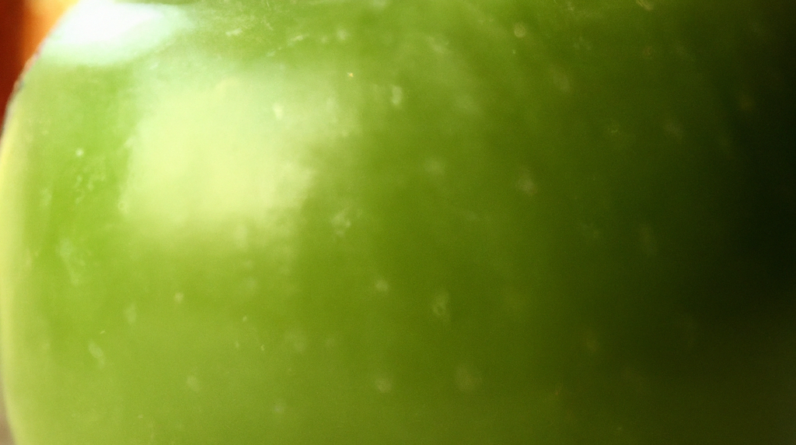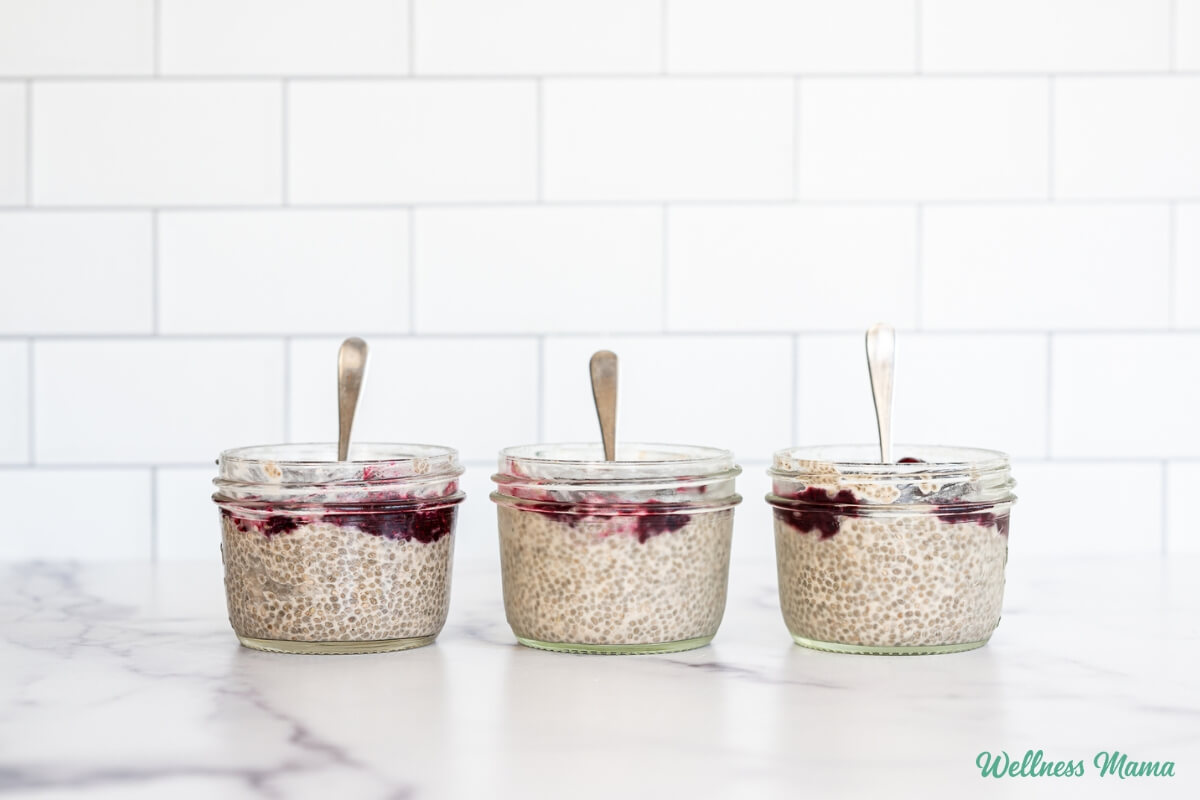Weight Loss For Your Abs Abdominal Fat Burning – Stress Related Weight Gain

If you’ve been searching for an effective way to shed those unwanted pounds around your midsection, look no further! In this article, we’ll explore the key strategies for weight loss specifically targeted towards burning abdominal fat. With simple yet powerful tips and exercises, you’ll discover how to achieve a leaner, sculpted midsection that you’ve always desired. Say goodbye to stubborn belly fat and hello to a healthier, more confident you! So let’s get started on this journey towards achieving your dream abs.

Understanding Abdominal Fat
What is abdominal fat?
Abdominal fat, also known as visceral fat, is the fat stored deep within your abdomen, surrounding your internal organs. Unlike subcutaneous fat, which is found just beneath the skin, abdominal fat is metabolically active and can pose significant health risks. It is commonly associated with an increased risk of cardiovascular disease, type 2 diabetes, and other chronic conditions.
Why is abdominal fat difficult to lose?
Abdominal fat is notorious for being stubborn and difficult to lose. This is primarily due to its high metabolic activity and specific characteristics. Unlike other types of fat in your body, abdominal fat is more resistant to traditional weight loss methods such as diet and exercise. This is because it is densely packed and has a higher number of cortisol receptors, making it more resistant to fat burning.
The health risks associated with abdominal fat
Having excess abdominal fat can have serious implications for your health. Studies have shown that individuals with higher amounts of abdominal fat are at an increased risk of developing heart disease, high blood pressure, stroke, and certain types of cancer. Furthermore, abdominal fat is associated with insulin resistance, a precursor to type 2 diabetes. Therefore, it is crucial to understand the risks of abdominal fat accumulation and take proactive steps to reduce it.
Dietary Changes for Abdominal Fat Loss
A balanced diet for abdominal fat loss
When it comes to losing abdominal fat, a balanced diet plays a crucial role. Aim to consume a variety of nutrient-dense foods that provide your body with essential vitamins and minerals. Focus on incorporating lean proteins, such as chicken, fish, and tofu, as they help promote muscle growth and increase metabolism. Include plenty of fruits and vegetables for their high fiber content and antioxidants.
Cutting back on processed foods
One of the most effective dietary changes you can make to reduce abdominal fat is to cut back on processed foods. These foods are often high in added sugars, unhealthy fats, and empty calories, contributing to weight gain and increased visceral fat. Instead, opt for whole, unprocessed foods that are rich in nutrients, such as whole grains, lean proteins, and fresh produce.
Increasing intake of fiber-rich foods
Fiber plays a vital role in abdominal fat loss by promoting feelings of fullness, aiding digestion, and regulating blood sugar levels. Aim to include plenty of fiber-rich foods in your diet, such as whole grains, legumes, fruits, and vegetables. These foods not only help you feel satisfied but also support overall gut health and contribute to weight loss.
Importance of Hydration
Why hydration is crucial for abdominal fat loss
Staying properly hydrated is essential for overall health and can also significantly impact abdominal fat loss. Water helps to flush out toxins, supports digestion, and aids in the breakdown and utilization of stored fat. Proper hydration also helps to regulate your metabolism, ensuring that your body can efficiently burn calories and fat.
Recommended daily water intake
While individual water needs may vary based on factors such as activity level and climate, a general guideline is to consume at least 8 cups (64 ounces) of water per day. However, it’s important to listen to your body and drink when you feel thirsty. Additionally, if you engage in intense physical activity or live in a hot climate, you may need to increase your water intake accordingly.
Hydrating foods to include in your diet
In addition to drinking an adequate amount of water, incorporating hydrating foods into your diet can further support abdominal fat loss. Foods with high water content, such as cucumbers, watermelon, oranges, and tomatoes, can contribute to your overall hydration levels. Including these foods in your daily meals and snacks can help you stay hydrated while also providing valuable nutrients and aiding in weight loss.

Effective Exercises for Abdominal Fat Burning
Cardiovascular exercises for overall fat loss
Cardiovascular exercises are essential for burning calories and reducing overall body fat, including abdominal fat. Engaging in activities such as brisk walking, jogging, cycling, or swimming helps increase your heart rate, boosting your metabolism and encouraging fat burning. Aim for at least 150 minutes of moderate-intensity cardio exercises per week to effectively target abdominal fat.
Targeted ab exercises for strengthening and toning
While spot reduction is not possible, incorporating targeted ab exercises into your fitness routine can help strengthen and tone your abdominal muscles. Exercises like planks, crunches, and leg raises target the core muscles, improving muscle tone and definition. By increasing your core strength, you can create a more toned appearance and potentially reduce the appearance of abdominal fat.
High-intensity interval training (HIIT) for maximum fat burning
High-intensity interval training (HIIT) is a highly effective form of exercise for burning fat, including abdominal fat. HIIT involves alternating periods of intense exercise with short recovery periods, challenging your cardiovascular system and maximizing calorie burn. Incorporating HIIT workouts, such as sprint intervals or circuit training, into your routine can help accelerate abdominal fat loss and increase overall fitness levels.
Incorporating Resistance Training
The role of resistance training in abdominal fat loss
Resistance training, also known as strength training or weight lifting, is a vital component of any comprehensive plan to lose abdominal fat. While cardio exercises primarily burn calories during the workout, resistance training helps build lean muscle mass, which increases your metabolism and promotes fat burning even at rest. Engaging in regular resistance training sessions can help accelerate abdominal fat loss and improve overall body composition.
Benefits of weight lifting for fat burning
Weight lifting offers numerous benefits for abdominal fat loss and overall health. It helps preserve muscle mass, which is essential for maintaining a healthy metabolism. As you lose weight, including abdominal fat, you want to ensure that the weight lost is primarily fat and not muscle. Additionally, weight lifting improves bone density, enhances posture, and boosts confidence, creating a well-rounded approach to overall wellness.
Creating a resistance training routine
To incorporate resistance training into your fitness routine, start by focusing on compound exercises that engage multiple muscle groups simultaneously. Squats, deadlifts, bench presses, and rows are examples of compound exercises that can effectively target various muscle groups, including the core. Aim for two to three resistance training sessions per week, allowing for adequate rest between workouts to allow your muscles to recover and grow stronger.
Managing Stress Levels
The impact of stress on abdominal fat accumulation
It’s no secret that stress can have numerous negative effects on our health, including abdominal fat accumulation. When you experience stress, your body releases cortisol, a hormone that increases appetite and triggers the storage of fat, particularly in the abdominal area. Chronic stress can lead to ongoing cortisol release, contributing to stubborn abdominal fat that is challenging to lose.
Stress management techniques for reducing cortisol levels
Managing stress effectively is crucial for reducing cortisol levels and preventing abdominal fat accumulation. Some effective stress management techniques include practicing meditation, deep breathing exercises, yoga, or engaging in hobbies and activities that bring you joy. Additionally, finding healthy outlets for stress, such as regular exercise and social support, can help reduce cortisol levels and promote overall well-being.
The importance of quality sleep for abdominal fat loss
Adequate sleep is essential for overall health and plays a significant role in abdominal fat loss. Lack of sleep disrupts hormone regulation, leading to increased levels of cortisol and ghrelin, the hunger hormone. This hormonal imbalance can contribute to increased appetite, cravings for unhealthy foods, and weight gain, including abdominal fat. Aim for seven to nine hours of quality sleep each night to support both your physical and mental well-being.
Supplements and Fat Burning Foods
Popular supplements for abdominal fat loss
While a healthy diet and regular exercise should be the foundation of any weight loss plan, certain supplements may aid in abdominal fat loss. Green tea extract, caffeine, and conjugated linoleic acid (CLA) are some popular supplements that have shown promise in boosting metabolism and promoting fat burning. However, it’s important to consult with a healthcare professional before incorporating any supplements into your routine, as they may interact with medications or have potential side effects.
Natural fat burning foods to incorporate in your diet
In addition to supplements, certain natural foods can enhance your efforts to lose abdominal fat. Foods such as green leafy vegetables, chili peppers, berries, and fatty fish like salmon are rich in nutrients and compounds that support metabolism and fat burning. Including these foods in your diet can provide valuable nutrients while potentially aiding in abdominal fat loss.
Cautions and considerations when using supplements
When considering supplements or fat burning foods, it’s crucial to keep in mind that they are not a magic solution for abdominal fat loss. They should complement a balanced diet and regular exercise routine rather than replace them. Additionally, not all supplements are suitable for everyone, so it’s essential to consult with a healthcare professional to determine the appropriate dosage and potential risks.
The Role of Mindful Eating
Practicing mindful eating for portion control
Mindful eating is a practice that involves paying attention to your eating experience, focusing on the taste, texture, and satisfaction derived from each bite. By slowing down and savoring each mouthful, you become more attuned to your body’s hunger and fullness cues, promoting portion control and preventing overeating. This approach can help you maintain a calorie deficit necessary for abdominal fat loss while fostering a healthier relationship with food.
Recognizing hunger cues and emotional eating triggers
Mindful eating also involves recognizing your hunger cues and differentiating between physical and emotional hunger. Emotional eating, often triggered by stress, boredom, or loneliness, can contribute to weight gain and abdominal fat accumulation. By becoming aware of these triggers, you can develop healthier coping mechanisms and address the underlying emotions rather than turning to food for comfort.
Tips for incorporating mindful eating into your daily routine
To incorporate mindful eating into your daily routine, start by setting aside dedicated time for meals and snacks. Avoid distractions such as screens or work and focus solely on your food. Take small bites, chew slowly, and savor every flavor. Listen to your body’s signals of hunger and fullness, stopping eating when you feel satisfied rather than stuffed. Additionally, practicing gratitude for your meals and cultivating a positive mindset around food can contribute to a mindful eating practice.
The Importance of Consistency
Developing a long-term approach to abdominal fat loss
When it comes to losing abdominal fat, consistency is key. It’s essential to adopt a long-term approach rather than relying on quick fixes or fad diets. Sustainable weight loss requires consistent adherence to healthy eating and regular exercise habits over an extended period. By focusing on gradual progress and making sustainable lifestyle changes, you can achieve lasting results and maintain a healthy weight in the long run.
Setting realistic goals and tracking progress
To stay motivated and on track with your abdominal fat loss journey, it’s important to set realistic goals and track your progress. Rather than focusing solely on the number on the scale, consider other indicators of progress, such as improvements in strength, increased energy levels, or changes in body measurements. Monitoring these changes can help you stay motivated and celebrate your achievements along the way.
Maintaining healthy habits for lasting results
Once you have achieved your desired abdominal fat loss, it’s crucial to maintain healthy habits to sustain your results. By continuing to prioritize balanced nutrition, regular exercise, and stress management techniques, you can prevent the reaccumulation of abdominal fat. Remember that maintaining a healthy weight is a lifelong commitment, and consistently practicing healthy habits is essential for long-lasting results.
Seeking Professional Guidance
Consulting a registered dietitian or nutritionist
If you’re struggling with abdominal fat loss or simply need guidance on developing a personalized nutrition plan, consider consulting a registered dietitian or nutritionist. These professionals can assess your specific needs, goals, and dietary preferences to create a tailored meal plan that promotes abdominal fat loss while ensuring proper nutrition and overall well-being.
Working with a personal trainer or fitness coach
Incorporating exercise into your abdominal fat loss journey can be more effective and enjoyable with the guidance of a personal trainer or fitness coach. These professionals can assess your fitness level, design a personalized workout routine, and provide guidance on form and technique. They can also help keep you accountable, motivated, and ensure that you’re progressing towards your goals safely and effectively.
The benefits of professional guidance in achieving abdominal fat loss
Seeking professional guidance can greatly enhance your efforts in achieving abdominal fat loss. Professionals such as dietitians, nutritionists, personal trainers, and fitness coaches possess the knowledge and expertise to create individualized plans that suit your specific needs. They can provide ongoing support, education, and motivation, ensuring that you stay on track and achieve optimal results in your abdominal fat loss journey.




1 comment